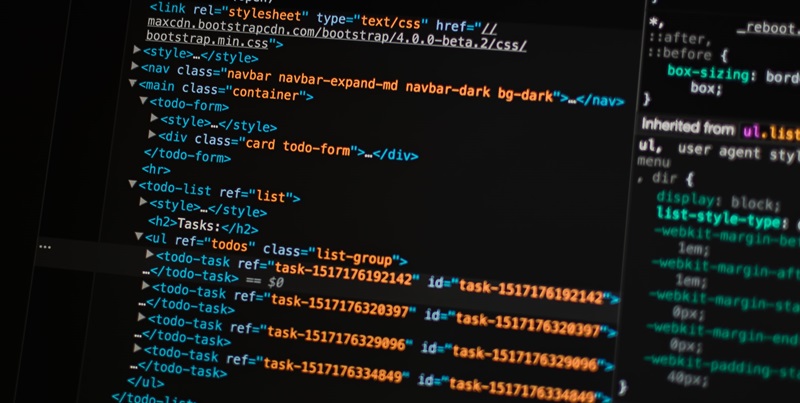Cisco, a leading technology company, has recently released patches to address a critical security flaw that affects their Unified Communications and Contact Center Solutions products. This flaw has the potential to enable an unauthenticated, remote attacker to execute arbitrary code on an affected device. In this article, we will delve into the details of this vulnerability and its potential impact, as well as provide information on the affected products, vulnerability details, lack of workarounds, and the recent security flaw addressed.
Description of the Flaw
The security flaw in question is a result of improper processing of user-provided data within the affected devices. Due to this flaw, a threat actor can exploit the vulnerability, potentially leading to the execution of arbitrary code on the targeted device. By leveraging this flaw, an attacker can manipulate the system to execute arbitrary commands, ultimately gaining unauthorized access and control over the underlying operating system. This level of control could allow the attacker to compromise the entire network, posing a significant risk to the affected organization.
Potential Impact
If successfully exploited, this security flaw can have severe consequences for organizations using Cisco Unified Communications and Contact Center Solutions products. The ability to execute arbitrary commands on the underlying operating system provides significant power to an attacker. They could potentially gain root access to the affected device, which would grant them complete control. With root access, an attacker can bypass any security measures, access sensitive data, manipulate configurations, and even launch further attacks within the network. The potential impact of such unauthorized access is vast, including data breaches, service disruption, and financial losses.
Vulnerability Details
This vulnerability has been tracked and identified as CVE-2024-20253, with a CVSS (Common Vulnerability Scoring System) score of 9.9. The discovery and report of this flaw are credited to security researcher Julien Egloff from Synacktiv. Egloff’s findings have triggered swift action from Cisco to mitigate the vulnerability and protect their customers.
Affected Products
The security flaw impacts various important Cisco products in the Unified Communications and Contact Center Solutions category. These include Unified Communications Manager, Unified Communications Manager IM & Presence Service, Unified Communications Manager Session Management Edition, Unified Contact Center Express, Unity Connection, and Virtualized Voice Browser. Given the widespread use of these products, it is crucial for organizations utilizing them to take immediate action to secure their systems.
Lack of Workarounds
Unfortunately, there are no known workarounds available to address this vulnerability. However, Cisco recommends implementing access control lists (ACLs) to limit access and mitigate potential risks until the devices can be patched. ACLs can help restrict unauthorized access to the affected devices, minimizing the chances of exploitation.
Recent Security Flaw Addressed
This disclosure of a critical security flaw in Cisco’s Unified Communications and Contact Center Solutions products comes on the heels of another flaw recently addressed by the company. The previous vulnerability affected Unity Connection, a key component of Cisco’s collaboration solutions. These successive security vulnerabilities underline the importance of timely and proactive patching to safeguard against potential cyber threats.
The release of patches by Cisco signifies their commitment to promptly addressing critical security flaws in their products. Organizations using Cisco Unified Communications and Contact Center Solutions should ensure they apply these patches as soon as possible. Failure to do so may leave them exposed to potential attacks, leading to severe consequences such as data breaches and financial losses. It is crucial to stay vigilant and prioritize the implementation of security updates to protect against emerging threats.

